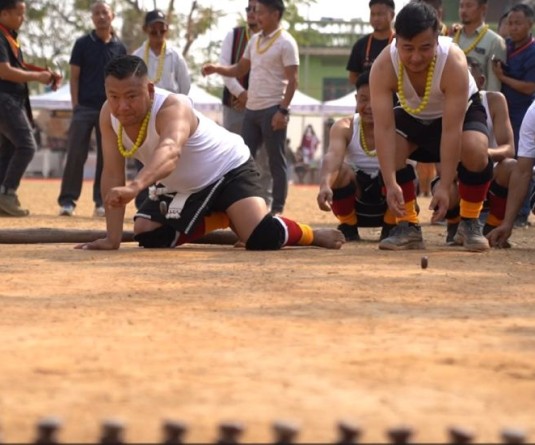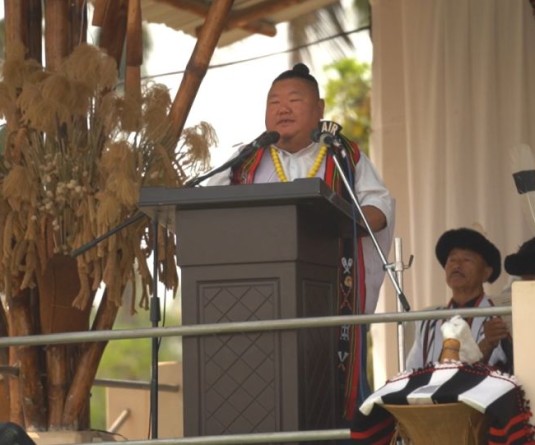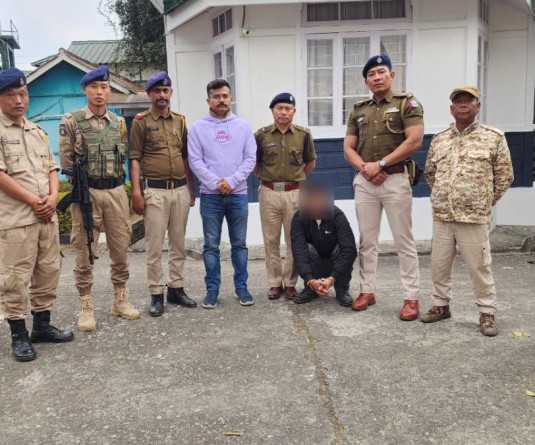
KOHIMA, APRIL 26 (MExN): Several Naga civil society organizations, including the Global Naga Forum (GNF), Naga People’s Movement for Human Rights (NPMHR), Naga Mothers Association (NMA), and the Naga Students’ Federation (NSF), have submitted a memorandum to Prime Minister Narendra Modi, raising concerns over the alleged repression of indigenous Naga civil society leaders by the Indian state.
In the memorandum, the organizations highlighted the arbitrary travel restriction imposed on Neingulo Krome, Secretary General of the Naga People’s Movement for Human Rights (NPMHR), who was denied permission to board an international flight from Delhi to Kathmandu on April 7, 2025.
According to the memorandum, Krome was not provided with any legal justification or documentation for the denial of travel. The only explanation offered was a vague assertion: “You cannot travel.”
The organizations condemned the incident as part of a larger pattern of harassment and curtailment of rights against Naga civil society leaders. It said such actions not only infringe upon fundamental rights but also undermine democratic values and violate international human rights norms.
The memorandum also invoked the United Nations Declaration on the Rights of Indigenous Peoples (UNDRIP), to which India is a signatory, specifically Article 36. The article recognizes the right of Indigenous peoples to maintain contacts and relations with their members across borders for various cultural, social, and political purposes. The organizations claimed that the restriction on Krome’s movement was a violation of this right and damaging to India’s global reputation on human rights.
In light of these concerns, the civil society groups have made the following demands-Immediate and unconditional removal of travel restrictions imposed on Neingulo Krome and other Naga civil society members.
A moratorium on arbitrary surveillance and intimidation of Indigenous civil society leaders, with procedural safeguards established to prevent such actions in the future.
Full respect for Indigenous rights, in accordance with UNDRIP, particularly their freedom of movement and the right to engage in cross-border relations.
Adherence to democratic principles, ensuring civil society leaders can perform their duties without fear of reprisals, harassment, or censorship.
The organizations emphasized that the Naga people do not pose a threat to the unity of India. It stated that the true threat to unity lies in the failure of the state to respect the dignity and autonomy of Indigenous peoples.
The civil society groups asserted that the Naga identity is not a criminal act, nor is the collective memory of the people seditious.
Calling for an end to the criminalization of their leaders and reiterating its commitment to peace rooted in justice, the memorandum stressed that “this was not a plea for benevolence, but a rightful call for accountability.”






